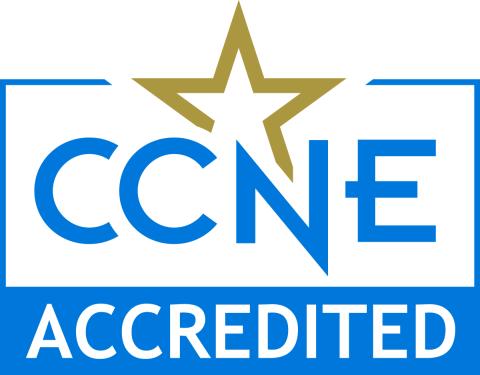Request Information about Health Care Degrees
UAGC Award-Winning Curriculum
Not Sure What You Want to Study?
Whether you’re a natural born leader or excel at educating others, our Degree Finder tool can help you find the path that aligns with your individual skills and strengths.
Build Your Future in Health Care
There are many opportunities for individuals who hold a degree in the realm of health care. The aging American population will require increased medical care per capita in the coming decades. This will require a better understanding of the aging process and for in-hospital and research positions within the health care industry to continue to emerge. These positions include a need for administration and logistical support and continued demand for educated registered nurses.
UAGC boasts a rich offering of health care classes to cover social issues, data standards, public health, and alternative and holistic health and medicine practices. Additionally, there are opportunities for students to explore and master the administrative and research sides of the health care and health sciences environment to learn about the implications of public health policies.

The baccalaureate degree program in nursing at the University of Arizona Global Campus is accredited by the Commission on Collegiate Nursing Education (http://www.ccneaccreditation.org)
Meet Our Health Care Faculty
Expect the highest level of instruction with seasoned faculty who have real-world experience in their fields.

College of Professional Advancement
Robert Smiles, PhD
Program Chair - Associate Professor

College of Professional Advancement
Christine McMahon, DHEd, CHES
Service Department Head, Health and Human Professions - Professor

College of Professional Advancement
Charles P. Holmes, PhD, MPSH
Chair, Master of Public Health - Professor
The University of Arizona Global Campus is accredited by WASC Senior College and University Commission (WSCUC), 1080 Marina Village Parkway, Suite 500, Alameda, CA 94501, 510.748.9001, www.wscuc.org. WSCUC is an institutional accrediting body recognized by the U.S. Department of Education (ED) and the Council on Higher Education Accreditation (CHEA).

The Benefits of Our Health Care Degrees
If you have considered a path toward higher education in the health care industry, earning your degree online is a great option that offers several benefits over traditional brick-and-mortar classroom learning. For instance, if you are currently working in the medical field, it may be difficult to travel to a college campus multiple times during the week. Many students enrolled in online courses for their health care degree point out the advantages of a convenient schedule and on-the-go learning opportunities that online classes offer. Another benefit to earning a degree in health care from a leading online university such as UAGC is access to some of the best digital tools, available 24 hours a day, that help accelerate learning and keep students engaged.
When selecting a school for your health care or health sciences degree, there are several factors you may want to consider. The first is whether that school offers the specific major or degree program that you wish to pursue. While many health care degrees have similar sounding names, there are some unique differences between a bachelor’s degree in health and human services versus one with an emphasis in health and wellness. UAGC offers degrees in a variety of health care specializations and levels of mastery. Beyond choosing the right curriculum, students should also consider the learning format and technologies a school offers.
Earning a health care degree can be a great first stride in any jobseeker’s journey. There are also many individuals such as nurses, medical assistants, and other professionals already in the health sciences field who seek a degree to help them further advance their knowledge and skills. Whether you are a recent high school graduate or you’re already somewhat established in your career, earning a degree can be a rewarding endeavor with long-lasting benefits. In some cases, students might already possess an associate level or bachelor’s degree and simply wish to continue their educational pursuits by enrolling in a higher degree level of education such as a master’s program. A master’s degree in a medically related field of study can be excellent preparation for almost any health care setting or situation.
Program Disclosures
*Bachelor’s degree classes are 5 weeks, and master’s degree classes are 6 weeks .
**The transferability of credits is subject to the University of Arizona Global Campus transfer credit policies and requires the submission of official transcripts.






